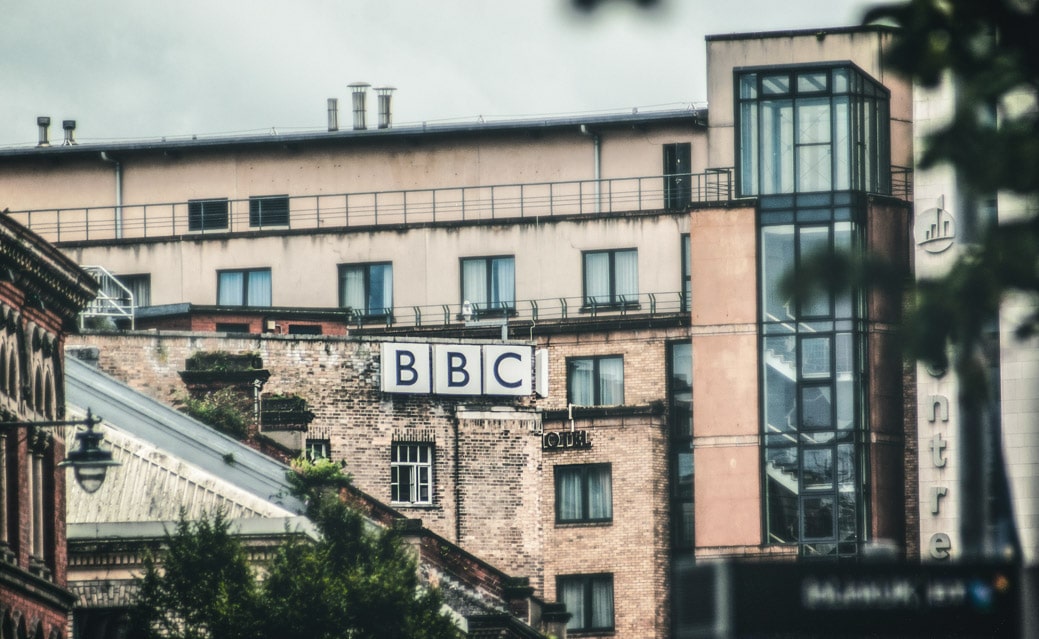Editorial: Representation matters
BBC employees have quit, accusing the company of transphobia and misrepresenting LGBTQ2S+ issues within their publications.
On October 26, the BBC published an article titled “We’re being pressured into sex by some trans women” which discussed whether some lesbians are considered transphobic if they do not want to pursue physical relations with trans women. However, the article contained comments by a former lesbian porn actor, who has been accused of inappropriate and sexual misconduct in the past, and described trans women in the article as “vile, weak, and disgusting” among other offensive statements. In the week following the article, an open letter with more than 20,000 signatures circulated demanding BBC to apologize.
A listening session for BBC’s Pride network, that is, only for LGBTQ2S+ members of the BBC staff, was held following the backlash of this article. LGBTQ2S+ employees shared their grievances and highlighted the distrust, frustration, and shame they felt being a part of the publication. At least five employees have quit the BBC because of how LGBTQ2S+ issues were represented in their publication, in writing, and in other multi-media platforms like podcasts.
The BBC claimed that the article had gone through heavy editing processes to ensure it met their editorial standards, claiming they were “committed to covering different viewpoints in the name of impartiality,” but, they eventually acceded, edited the article, and removed those comments.
News media is the primary way most people receive information and form their opinions on important issues. When LGBTQ2S+ people are misrepresented in threatening ways, it adds onto the phobia that the LGBTQ2S+ community face, especially the trans community who are not only marginalised within the general public, but also within the LGBTQ2S+ community. Impartiality cannot be used as a shield for promoting hate speech, or comments that can inspire hatred toward a particular community. The news media, just like us at The Medium, are responsible for whether issues are represented properly, who speaks on and represents these issues, and whether they meet not only editorial standards, but also ethical standards.

